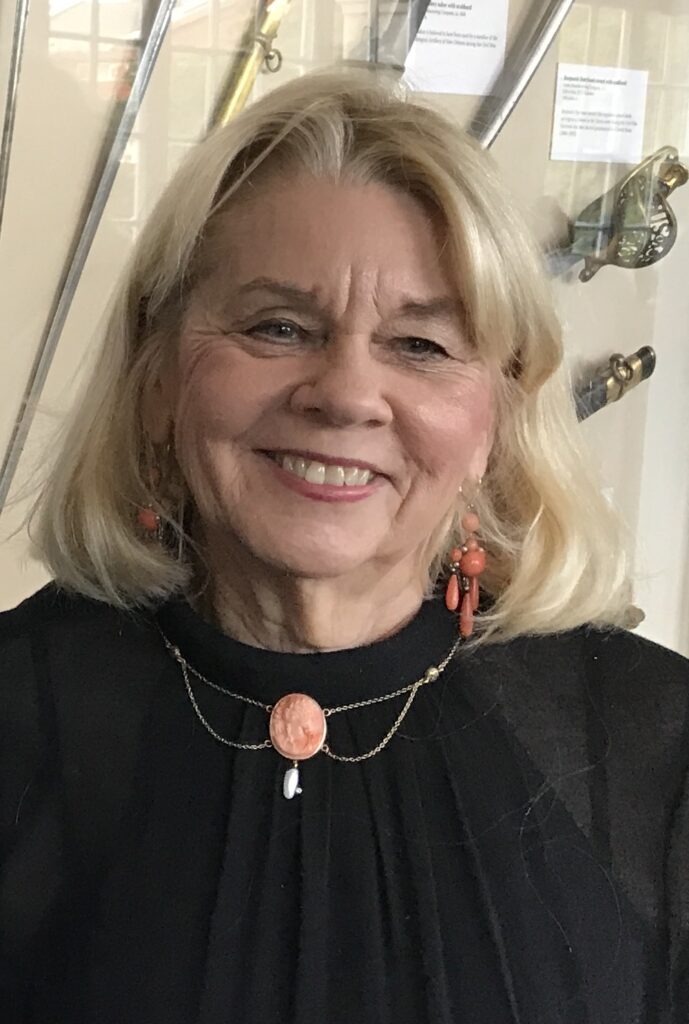Diversity as Inspiration for Literature & Life
Everyone in the South has no time for reading because they are all too busy writing!
—William Faulkner
These days, the word “diversity” likely conjures ethnic, racial, social, and sexual variances. To define the meaning of “diversity” for purposes of this festival, however, we have gone back to the ideas of a self-taught philosopher whose words are
timeless, as fresh today as when he uttered them out loud or on a piece of paper in an old manual typewriter a time ago. We suggest to you that the best kind of “diversity” is the sum of all the fine words put on paper about sin and war and sex and food,
love and honor and family and pride and love of place, deceit and truth and charity and hope, and, yes, words about dogs and cats and mules and bears and foxes, too,
by Faulkner and all great writers—past, present, and yet to come—searching for the meaning of life itself.

William Faulkner—internationally the best known and possibly the most revered American fiction writer of the 20th Century—strikes dread in the hearts and minds of generations of readers introduced to the man by teachers ill-prepared to teach the
works of this master of literary improvisation and experimentation. Their teachers were ill-prepared because their own teachers, too, were taught by those without the scholarship in Faukner’s work, the talent or literary curiosity or initiative
to instill in students recognition and appreciation of genius
What these readers remember is confrontation with The Sound and the Fury, the Faulknernovel most often selected as a curricula requirement, without doubt his most difficult novel, the one never to be the first Faulkner book read. Struggling desperately without proper mentoring to understand that novel and failing, once out of school they never opened another book by Faulkner.
As a result, they have missed his talent for creating and telling outlandish yarns and
the man’s sly, dry humor:
Civilization begins with Distillation…
…Pouring out liquor is like burning books.
They have missed his witty caricatures of those
too much in love with themselves:
Virginians are snobs. I love Virginians because they are so busy being snobs they don’t have time to meddle with me.
And of his literary contemporaries:
Henry James was the nicest old woman I ever met.
If he were around today, he would be burning up social media with such off-the-cuff one-liners.
They have missed his sensitivity to and understanding and love of women and his compassion for them in the burdens they bear.
She was bored. She loved, had capacity to love, for love, to give and accept love. Only she tried twice and failed twice to find somebody not just strong enough to deserve it, earn it, match it, but even brave enough to accept it.
They have missed his gift for creating entire universes and peopling them with memorablecharacters sculpted from the clay of his native Mississippi and his own endlessly provocative imagination.
This is the kind of man Boon Hogganbeck was. Hung on the wall it could have been his epitath…a police poster; any cop in North Mississippi would have arrested him out of any crowd after merely reading the date.
They have missed his poetic turn of a phrase:
I could smell the curves of the river beyond the dusk and I saw the last light supine and tranquil upon tideflats like pieces of broken mirror, then beyond them lights began in the pale clear air, trembling a little like butterflies hovering a long way off.
They have missed his insights, such as how war is inevitable but a dreadful waste:
…no battle is ever won … They are not even fought really… The field only reveals to man his own folly and despair, and victory is an illusion of philosophers and fools.
They missed how he came to know that despite the diverse elements which make one man or woman unique, different from all the others of the world, we have in common our membership in the human species. In his work he lets us in on his discovery of truth: while we all enter this world with varying measures of intelligence and talents and treasure and parental care and acceptance by others…
…no one of us is above the others.
And his instructions in how to save the world, are as important today as during the social upheavals of his lifetime. While Faulkner is disparaged by some as being too much of the Old South, his own words make
a lie of that complaint:
No man can cause more grief than that one clinging blindly to the vices
of his ancestors…
…If we Americans are to survive it will have to be because we choose and elect and defend to be, first of all, Americans; to present to the world one homogeneous and unbroken front, whether of white Americans or black ones or purple or blue or green…
To live anywhere in the world today and be against equality because of race or color is like living in Alaska and being against snow.
Never be afraid to raise your voice for honesty and truth and compassion against injusticeand lying and greed. If people all over the world…would do this, it would change the earth.
Amen, and pass the butterbeans!
So, if you want to make up for lost time, to discover for yourselves what you have been missing, there is no time like the present to give Faulkner’s work another chance.
Happy Birthday, Mr. Bill!
—Rosemary James, Co-Founder, Faulkner Society
